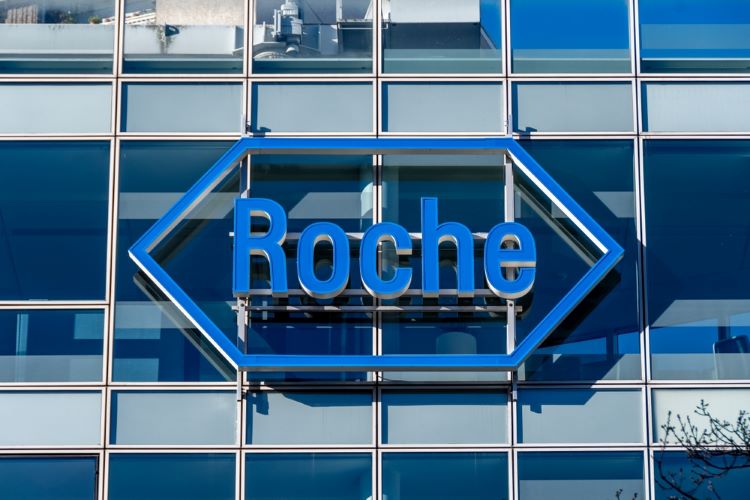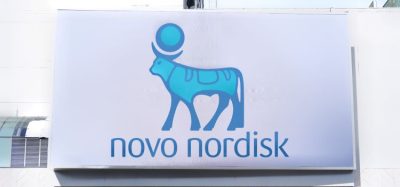Encouraging data for Roche multiple sclerosis injection
Posted: 17 April 2024 | Catherine Eckford (European Pharmaceutical Review) | No comments yet
EU approval for Roche’s subcutaneous OCREVUS is anticipated mid-2024, depending on acceptance of regulatory submission.


Credit: HJBC / Shutterstock.com
Roche’s twice-yearly, 10-minute subcutaneous injection of OCREVUS ® (ocrelizumab) has shown significant promise for patients with either with relapsing or primary progressive multiple sclerosis (RMS or PPMS).
One-year data from the Phase III OCARINA II trial demonstrated a near-complete suppression of relapse activity (97.2 percent had no relapse) in patients through 48 weeks of the treatment.
About OCREVUS
The monoclonal antibody is designed to target CD20-positive B cells. Roche stated that the subcutaneous formulation of the treatment facilitated “rapid and sustained B-cell depletion in the blood”.
“a full year of data [demonstrated] near-complete suppression of relapse activity and minimal progression of lesion development [with use of the 10-minute subcutaneous OCREVUS injection]”
OCREVUS IV (intravenous) is the first and only therapy approved for both relapsing or primary progressive multiple sclerosis.
“With a full year of data demonstrating near-complete suppression of relapse activity and minimal progression of lesion development, this 10-minute subcutaneous OCREVUS injection shows results that are consistent with the long-established benefits of intravenous OCREVUS,” noted Dr Levi Garraway, PhD, Roche’s Chief Medical Officer and Head of Global Product Development.
“Updated results from OCARINA II further underline the potential benefits of subcutaneous OCREVUS for patients with both relapsing and progressive forms of MS,” shared Scott Newsome, DO, lead author, Johns Hopkins University School of Medicine.
“Patients treated with subcutaneous OCREVUS experienced appropriate B-cell suppression and impressive near-complete suppression of new inflammatory disease activity. These results demonstrate the potential of subcutaneous OCREVUS as a treatment option that can be matched to the individual needs of people with MS and healthcare professionals,” Newsome added.
Roche explained that additional data offered further evidence on the safety profile of OCREVUS SC injection. It was consistent with the safety profile of OCREVUS IV infusion, the findings revealed. No new safety signals were identified for OCREVUS SC.
The one-year data will be presented at the 2024 American Academy of Neurology (AAN) Annual Meeting.
The target decision dates of mid-2024 for the European Medicines Agency (EMA) and September 2024 for the US Food and Drug Administration (FDA) regarding submission of data from the Phase III OCARINA II trial, Roche confirmed.
Related topics
Big Pharma, Biologics, Clinical Development, Clinical Trials, Data Analysis, Drug Development, Drug Safety, Industry Insight, Research & Development (R&D), Therapeutics









